Australia's view on global refugee problem is 'distorted', says Tim Costello
Tim Costello News Limited Network 19 July 2013
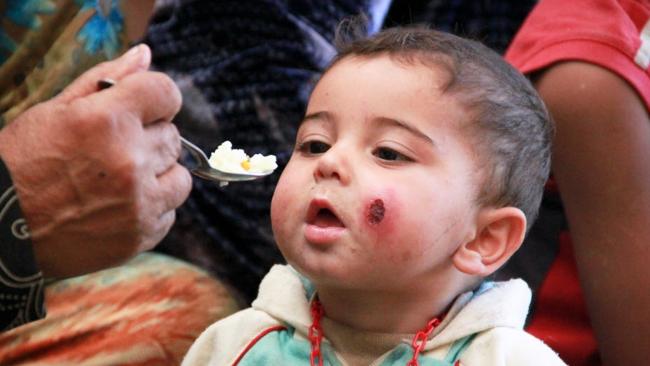
The deaths of yet more asylum seekers off the coast of Christmas Island this week are a troubling reminder of the refugee issue in Australia. Our political leaders are caught in a lose-lose debate on this issue and having just returned from the Middle East, it has never been so clear to me that we must confront our place in this complex global problem with fresh eyes.
For me, fresh eyes mean looking beyond our shores and experiencing the situation in other countries. Like in Jordan, where last week I met with Syrians who had fled the war in their own country and were living hand to mouth in refugee camps and in Jordanian towns and cities. These are people who have fled for their lives as bombs rained down on their homes. Many have lost family members or suffered extreme anguish as a result of the violence. In the case of one 12-year-old boy I met, the war arrived in his backyard while he was playing with his siblings. He was hit in the stomach by shrapnel, and by the grace of God and an NGO-run field hospital, he survived to tell the tale, albeit sporting a lengthy scar down his chest.
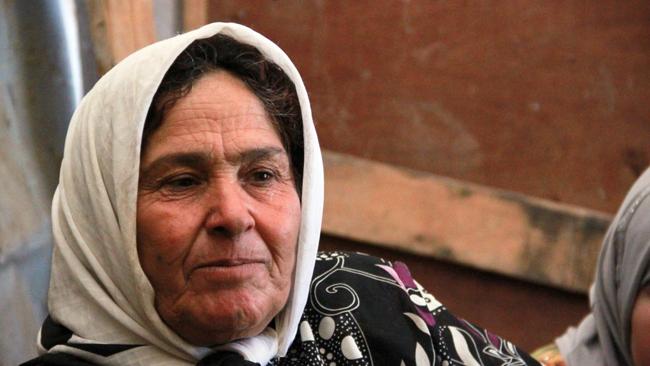
These stories of war may be familiar to us, but the scale of this disaster certainly is not. The United Nations recently declared its Syria response the largest humanitarian appeal in history. In Jordan, refugees now make up around a tenth of the population (600,000 people in a population of 6 million) and across the border in Lebanon, in a country roughly the size of greater Melbourne, the situation is even worse. One estimate predicts a third of the population in Lebanon will be refugees by Christmas. Over the past two years, well over a million people have crossed borders and entered these two small countries, and these are just the refugees who are known and documented.
The thing that struck me so profoundly last week was the incredible generosity that the Jordanians and Lebanese have shown to their neighbours. Yes, the governments of both countries have shown great compassion in keeping their borders open, and this is to be applauded, but it is the generosity of ordinary people that was most moving to me.
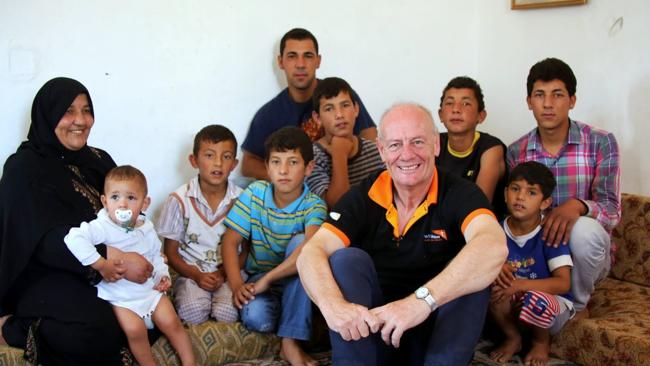
In the city of Irbid - where around a fifth of the population are refugees - I met a Jordanian woman called Ibtisam. The recent influx of refugees has had a dramatic impact on healthcare, schooling, cost of living and property in Irbid, and in Ibtisam's case, her rent has soared by 350 per cent. With 12 children - including four sets of twins - one grandchild and a desperately sick husband, feeding her family and paying the power bill is a daily struggle.
When I arrived at her house, the electricity company was there to disconnect the power, but still Ibtisam was positive.
"We are living in misery but the Syrians do not enjoy the peaceful and safe place we are enjoying now," she told me. "I always tell my children we need to be patient, life is hard but we need to be patient. I am always telling them about the stories of Syrians, and tell them they are more blessed than their Syrian brothers."
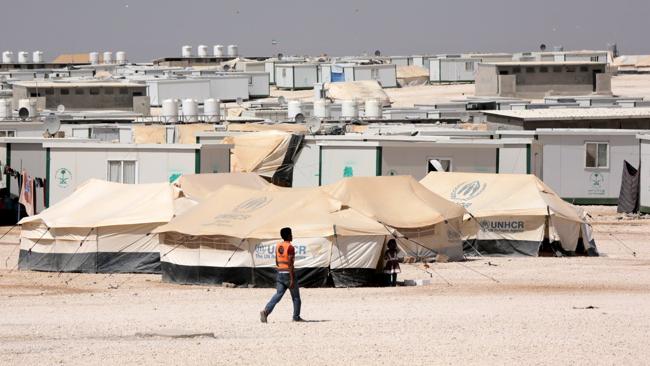
Ibtisam's remarkable grace and generosity in the most challenging of circumstances seemed exceptional to me. But the reality is that there are hundreds of thousands of families in that part of the world who are making similar sacrifices in order for their Syrian neighbours to live in safety. In fact, around 70 per cent of Syrian refugees are living with host families and communities, not in refugee camps.
A recent report by World Vision confirmed this conclusion. It found class sizes in Lebanon had doubled in recent months, with some schools shutting their doors to local children at lunchtime to make way for refugee children. Health clinics report treating up to 50 per cent more patients and rent has risen by up to 400 per cent.
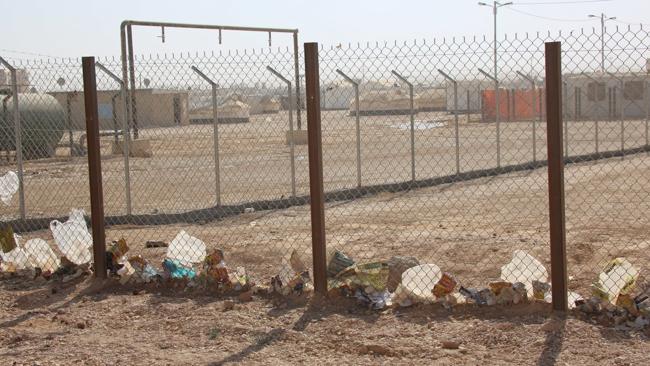
The experience left me wondering why the Jordanians and Lebanese are left to handle this situation, while hysterics erupt in other parts of the world over much smaller numbers of arrivals. The truth is here in Australia we really do have it lucky.
By virtue of the luck of geographical isolation, Australia is sufficiently removed from major conflict areas. This is why we often talk about Malaysia or Indonesia as 'solutions' to 'our problem', because we perceive these transit countries, the first port of arrival, as the rightful recipients of people seeking protection. But you can't run global responses on locational luck. It simply is not fair.
I think Australia has a distorted view of the world. Global conflict becomes our concern when boats start landing on our shores and yet all too often we turn a blind eye to the root of the problem, whether that be war, political instability or unending poverty.
Now that we sit on the UN Security Council, Australia has a chance to make a difference when humanitarian crises strike and this is a role we should not take lightly. We must also take our obligations to neighbouring countries seriously by keeping our promise to them on foreign aid. But most importantly, let us not lose sight of the great blessings we have here in Australia, a country where refugees make up not a third, not a tenth, but in fact well below half a per cent of our population.
Tim Costello is chief executive of World Vision Australia.

